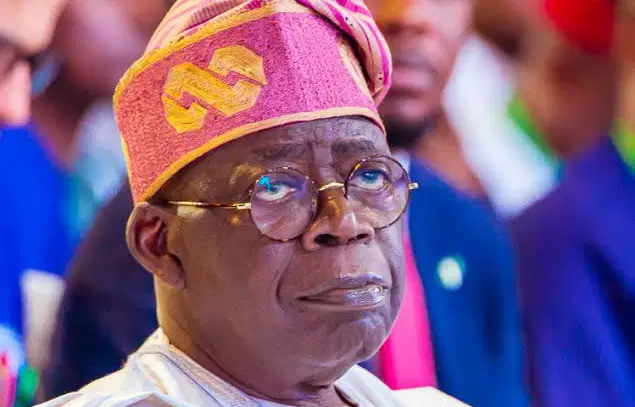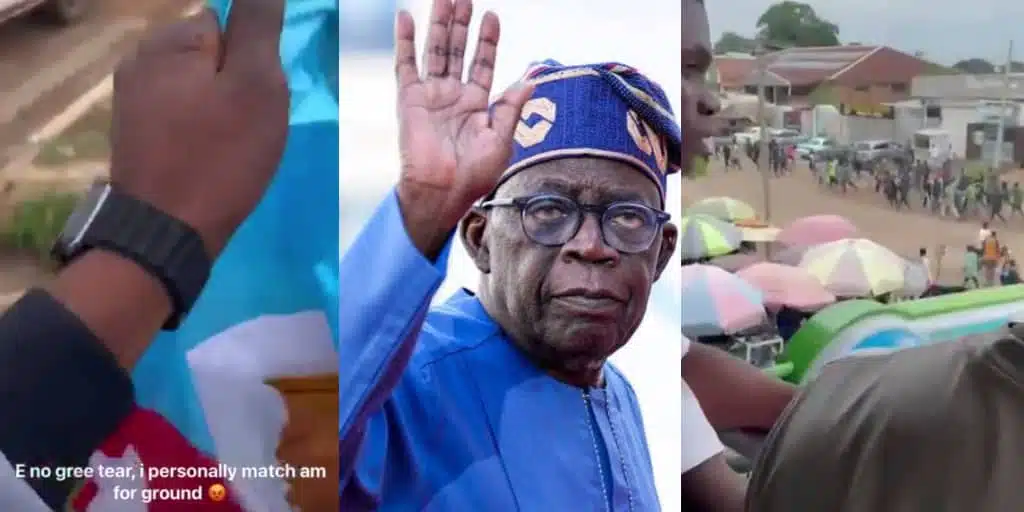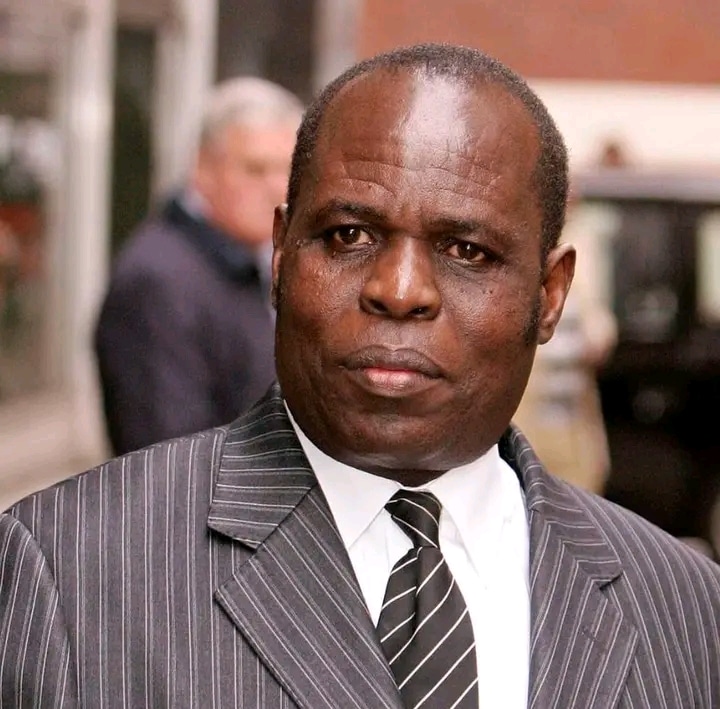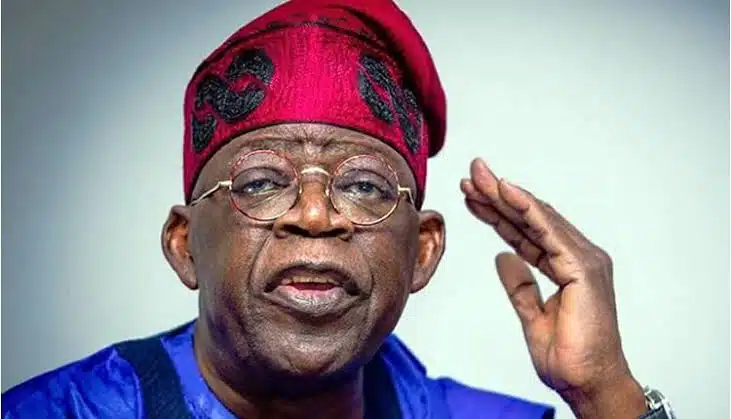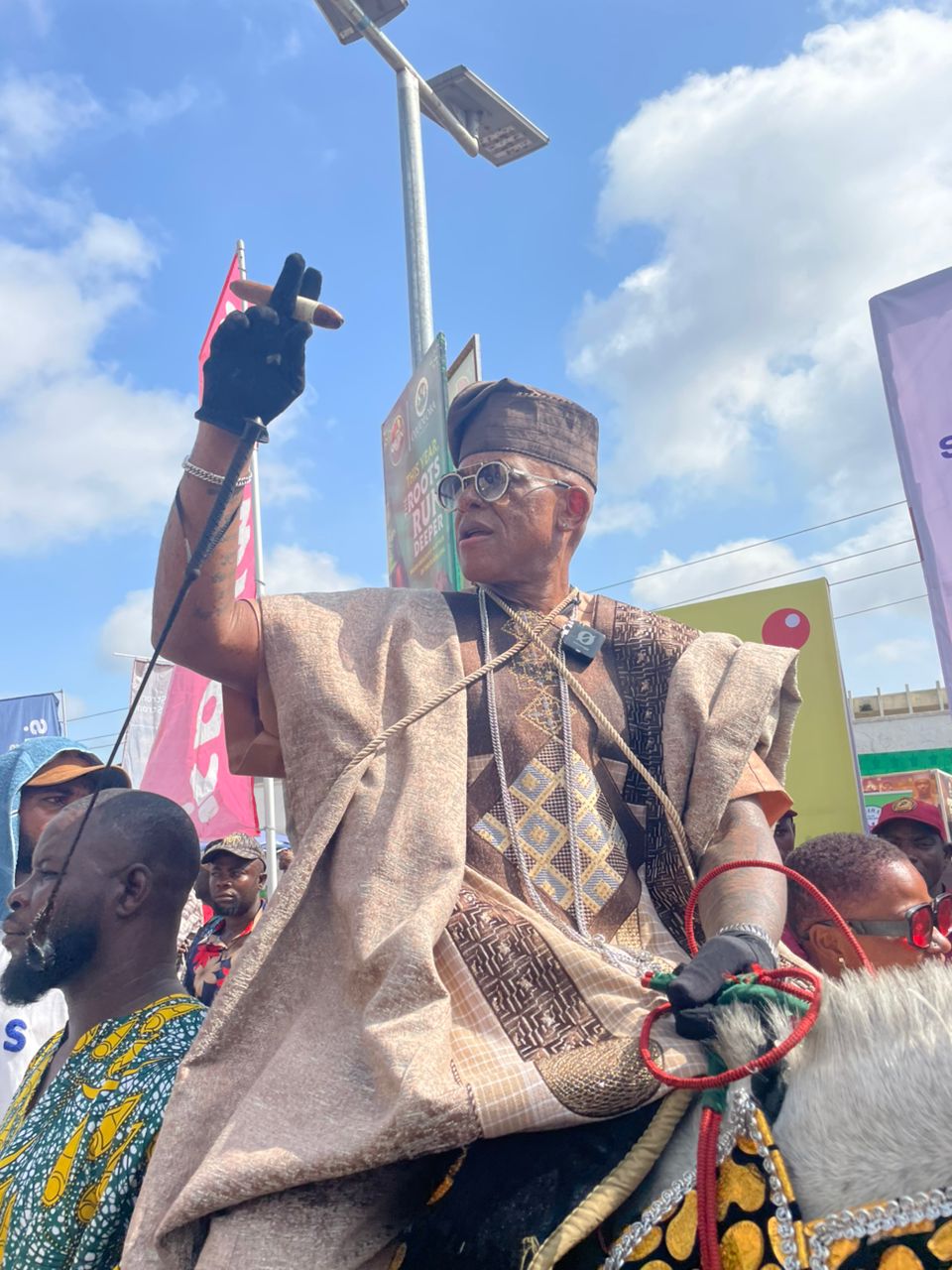Transmission Company of Nigeria, the backbone of the national power system, is left prostrate by underfunding and vandalism as Nigeria strives to improve its electricity supply, DARE OLAWIN reports
The ambitions of the Federal Government for grid expansion and national electrification face a medley of challenges threatening the stability of the country’s transmission infrastructure. The state-owned TCN is currently facing challenges limiting its ability to wheel more power to the masses as ageing infrastructure, vandalism, and funding gaps remain major hindrances to the power sector.
The national transmission grid connects more than 29 generation companies to 12 distribution firms via 330 kV and 132 kV lines. It also links to neighbouring countries, Niger, Togo and the Benin Republic. TCN is the sole manager of this high-voltage network, which serves as the primary conduit for the movement of bulk electricity across Nigeria.
Despite its significance, the grid is in distress, and the various challenges continue to impede optimal performance.
At a recent Senate Committee Retreat in Akwa Ibom, the Managing Director/Chief Executive Officer of TCN, Sule Abdulaziz, laid bare the struggles of the only transmission segment of the country’s power sector, offering a candid insight into the reality facing the nation’s transmission network.
His presentation at the forum revealed a sector grappling with operational paralysis caused by recurring sabotage, obsolete equipment, financial constraints, and regulatory bottlenecks.
Between January and March 2025 alone, Abdulaziz disclosed that over 109 transmission towers were vandalised across Nigeria, crippling supply to several regions. The Port Harcourt region suffered the heaviest blow, with 62 towers brought down in 13 separate incidents. The Enugu, Kano, and Abuja regions were not spared either, recording dozens of damaged structures.
“2024 and 2025 have been the worst years for TCN in terms of transmission line vandalism. A total of 86 towers were vandalised in 2024, 26 of which were completely brought down. In several states, this led to total power blackouts lasting days, even weeks,” he said.
According to him, the absence of strong deterrents and slow judicial responses have emboldened vandals, with TCN now pushing for life imprisonment sentences for convicted offenders.
Even as Nigeria pushes for more generation capacity, TCN’s ageing infrastructure remains a major constraint. The MD noted that several substations still operate with decades-old transformers and control systems. Transmission lines are overloaded, and many are in dire need of reconductoring.
“Ageing grid infrastructure with high losses is not just a technical issue; it is a national security threat,” Abdulaziz noted.
He stated that procurement delays and a painfully slow import clearance process have compounded the problem. He stressed that transmission equipment often gets stuck at the ports for months due to bureaucratic hurdles around Import Duty Exemption Certificates.
Abdulaziz told the Senate Committee that TCN’s financial woes were deepened by the failure of the electricity distribution companies to settle their debts. The MD lamented that several critical projects have stalled due to lack of funds, regretting that many “low-hanging fruit” projects, those nearing completion, remain in limbo as they are not prioritised in DisCo budgets, adding that there are so many investments already tied down with no timelines for completion simply because of funding challenges.
The engineer mentioned that legacy projects awarded more than two decades ago remain unfinished due to chronic underfunding.
“Legacy projects awarded over 20 years ago are still ongoing and need adequate funding to complete. Low-hanging fruit projects are those that have reached meaningful percentage completion but have budgetary constraints and are not among the projects the DisCos identified as a priority; hence, a lot of investments are tied down and cannot therefore be completed,” he explained.
However, he pointed out that the completion of these projects requires a fast-track approach when funding is made available.
Lack of surveillance tools
Despite the growing threat of vandalism, the TCN boss said the company lacks basic surveillance tools like drones or helicopters to monitor long transmission corridors, as manual patrols are limited and largely ineffective in remote areas.
It could be recalled that in 2024, the Federal Government mobilised the military to provide security for TCN engineers to rebuild the towers vandalised by persons suspected to be terrorists.
As it is, the company has turned to communities and security agencies for support. Anti-vandalism campaigns have been launched in affected communities like Leleyi in Abuja in partnership with Edo State’s Task Force. However, the MD warns that these are stopgap measures without legal and financial reinforcements.
“Laws must be enacted or strengthened to impose strict penalties such as life imprisonment on individuals caught vandalising power infrastructure, especially transmission lines. This will serve as a strong deterrent and help curb the growing menace of vandalism and safeguard national assets essential to power supply and economic stability,” he stressed.
Pending when the right legislation will be in place, Abdulaziz maintained that the TCN would continue to actively engage communities, security agencies, and other critical stakeholders in safeguarding national transmission assets and supporting the successful implementation of grid expansion initiatives.
Legal and regulatory paralysis
Abdulaziz highlighted that right-of-way acquisition remains a nightmare for TCN. According to him, several projects have stalled for years due to disputes over land compensation or resistance from state governments, calling for an urgent need for a coordinated federal policy to guarantee seamless RoW access across all levels of government.
Similarly, he listed port clearance delays and ineffective enforcement mechanisms as factors that have continued to derail equipment delivery timelines.
For the successful expansion of the national grid, the Federal Government must issue clear and actionable policy statements.
“A coordinated policy framework should require local, state, and federal governments to guarantee seamless access to right of way for all new transmission expansion projects. Where necessary, affected landowners should be provided with fair and timely compensation or suitable land replacement, particularly for farmland. This will significantly accelerate project execution and reduce disputes.
“On port clearance of power equipment, stronger legislation is needed to facilitate the efficient clearance of power transmission equipment at Nigerian ports. The current Import Duty Exemption Certificate process is insufficient. “A streamlined and enforceable policy is required to avoid unnecessary delays in project delivery,” he advised.
To address these issues, TCN is pursuing strategic upgrades through programmes like the Nigerian Electricity Grid Maintenance, Expansion and Rehabilitation Programme and the Central Bank-funded Service Level Agreement projects.
“The aim of this intervention was to address about 6 GW of wheeling capability that was restricted at different transmission-distribution interfaces across Nigeria. A total of 53 projects were procured in 10 DisCos franchise areas under the CBN Transmission Distribution Project.
“TCN has also undertaken several grid development projects/programmes through loans from concessionary financiers (AFD, AfDB, World Bank and JICA). The impacts of these projects include the completion of transmission lines in Ikorodu, Ohogbo, Ogbomoso, Ogoja and others,” he explained.
The MD stated that some progress had been made, with 70 transformers launched between January 2024 and April 2025, but these gains risk being overshadowed by the deep-rooted challenges.
Speaking, the Minister of Power, Adebayo Adelabu, called on the National Assembly to enact stricter legislation aimed at safeguarding Nigeria’s power infrastructure from acts of vandalism.
Emphasising the need for enhanced legal measures, Adelabu stressed that robust laws are critical to deterring the destruction of vital energy assets and ensuring the stability of the nation’s electricity supply.
According to him, vandalism should not be treated as a civil offence but a criminal issue, adding that power theft, nonpayment of bills by consumers, and illegal connections are critical factors that need to be tackled.
“The level of stability on our grid today is not by accident but by hard work and expenditure.
In 2024, TCN installed 61 new transformers by either replacing aged ones or building new ones. Also in 2025, within the first four months, TCN installed about 13 new transformers, and there are high-capacity transformers ranging from 10 megawatts to 300 MW. Put together, they run into hundreds of millions of dollars to install, and these are what our people still go out to vandalise. Our towers are toppled by saboteurs and vandals. We need appropriate legislation and public vigilance to protect national assets that belong to every Nigerian. “We need more stringent legislation to tackle this problem,” he said.
The minister advocated sufficient appropriation for the TCN, adding that the agency did not have enough resources to run its operations.
“TCN is short of funds. They operate solely on their internally generated revenue, which has been nosediving over the years. What they get monthly cannot even pay their salaries or maintain ageing infrastructure and expand transmission networks. “There should be a way to accommodate TCN in appropriation,” the minister said.
While speaking at the gathering, the Executive Director of Research and Advocacy for ANED, Sunday Oduntan, noted that while the installed capacity is approximately 13,000 MW, the actual output is often below 5,000 MW due to issues with gas supply, maintenance, transmission, and distribution. Just as the TCN boss said, Oduntan maintained that ageing infrastructure and poor maintenance had led to frequent outages and high transmission losses. He added that the challenges facing the power sector included low access rates, inadequate generation capacity, weak infrastructure, funding challenges, and regulatory gaps, regretting that over 85 million Nigerians lack access to grid electricity.
Aside from these, Oduntan stressed that limited public funding and the difficulty to attract private investment also contributed to the power deficit, while inconsistent policies, regulatory uncertainty, and a lack of coordination, collaboration and alignment among stakeholders hindered progress. He decried Nigeria’s low power generation despite its enormous gas reserves, expressing sadness that Nigeria, a country of over 200 million people, still grapples with 5,500 megawatts while South Africa generates over 50,000 megawatts with its 64 million population.
Oduntan said, “It is sad that a country of about 237.5 million people and the sixth-largest oil-producing country in the world with a significant gas reserve that can last 100 years is still generating an average of 5,500 MW (from two sources).” He argued that ideally, power generation should be 1,000 megawatts per one million people. He stated that South Africa, “which is less endowed and has a population of 64.7 million people, generates an average of 52,000 MW (from six sources) with a winter peak demand of about 27,000 MW.”
The DisCo spokesman regretted that the Manbilla, Nigeria’s largest hydropower plant at 3,050 MW, was awarded in 1982 at $5.8 bn, but the project had no official completion percentage as of last month.
He concluded with a strong warning, saying, “Without resolving the issue of power, Nigeria will remain underdeveloped, with no major industrial or agricultural development. Many artisans will remain Okada riders without stable electricity. You, our leaders at the highest level, must articulate and implement clear-cut programmes and policies that can put the nation first.” “Enough of political statements.”
As Nigeria pushes toward energy stability and industrial growth, TCN’s struggles reveal that electricity reform cannot succeed without securing and modernising the grid infrastructure. This requires enough funding.
“The grid is a national security asset,” Abdulaziz declared. However, its protection and transformation should be a legislative and executive priority. If the grid collapses, so too will Nigeria’s hopes for economic expansion, industrialisation, and a modern energy future. The government and other stakeholders should support the TCN to achieve the desired objective.



